The book explains critically the process of formation of the industrial workers into a class and mobilization of this class in support of the nationalist movement in the Madras Presidency during the period, 1928-1939. It highlights the role of the social and economic milieus, the Indian National Congress, the working class organizations, the radical literature, the radical press and the repressive measures of the Colonial State in influencing the class consciousness and promoting the nationalist spirit among the workers. The rising consciousness of the working class expressed itself in the form of a series of prolonged strikes in Textiles, Jute, Sugar, tobacco Railways and the other unorganized industries. The book also analyses the relationship between the working class movement and the struggle for freedom. It focuses on the different forms of working class participation in the national struggle. It probes into the question of why and how the working class most actively participated in the ongoing national movement. It delineates the labour policy of the first Congress Ministry and its attempts to bring forward some labour welfare measures in the presidency.
Class Colonialism and Nationalism: Madras Presidency. 1928-1939
In stock
Free & Quick Delivery Worldwide
reviews
Bibliographic information
Title
Class Colonialism and Nationalism: Madras Presidency. 1928-1939
Author
Edition
1st ed.
Publisher
ISBN
8170998549
Length
viii+262p., References; Bibliography; Index; 23cm.
Subjects

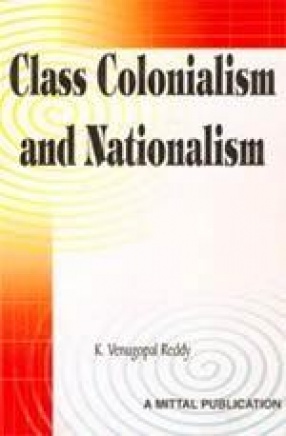
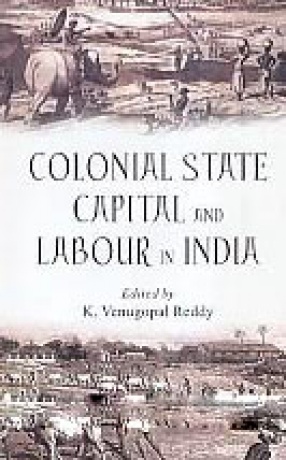
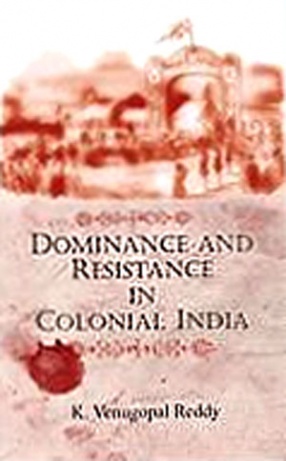

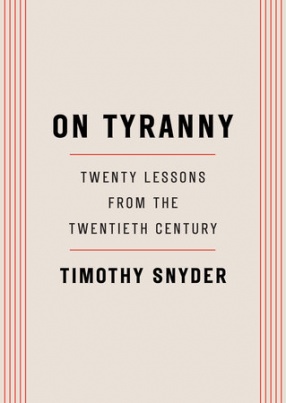
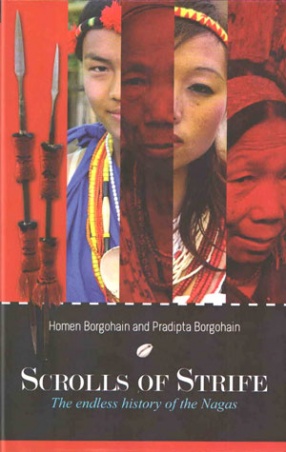
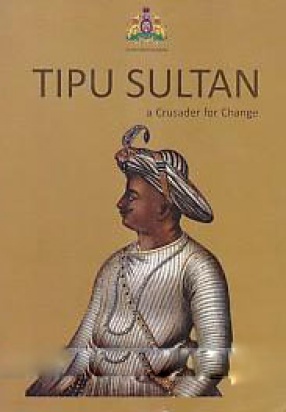
There are no reviews yet.